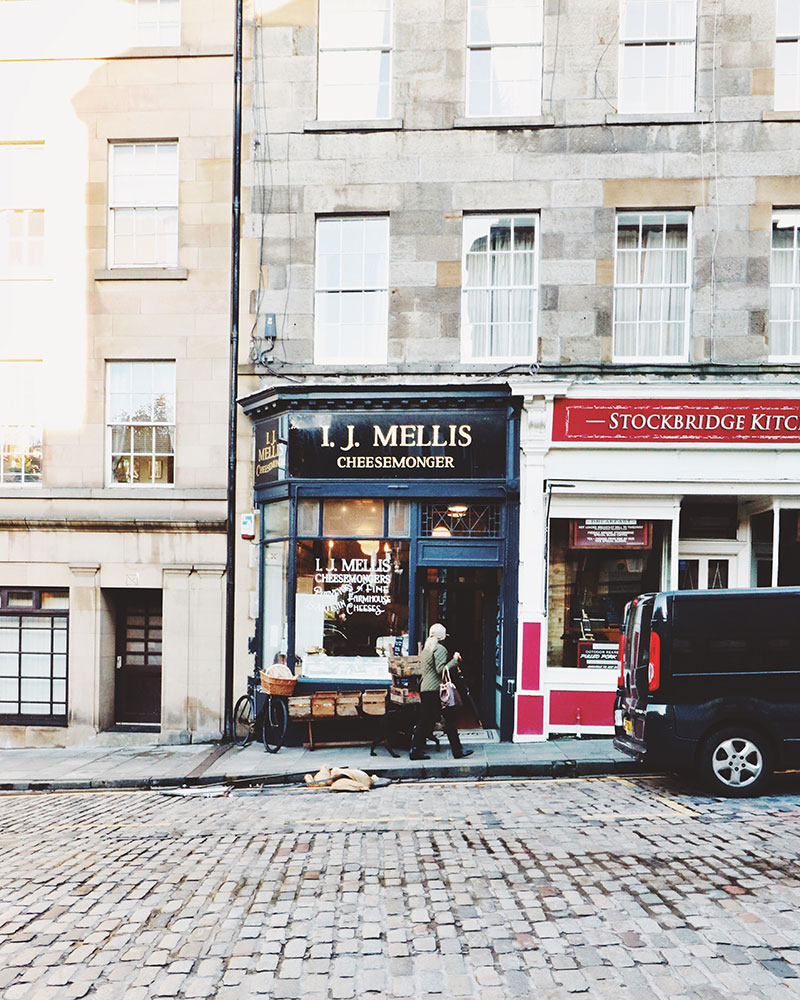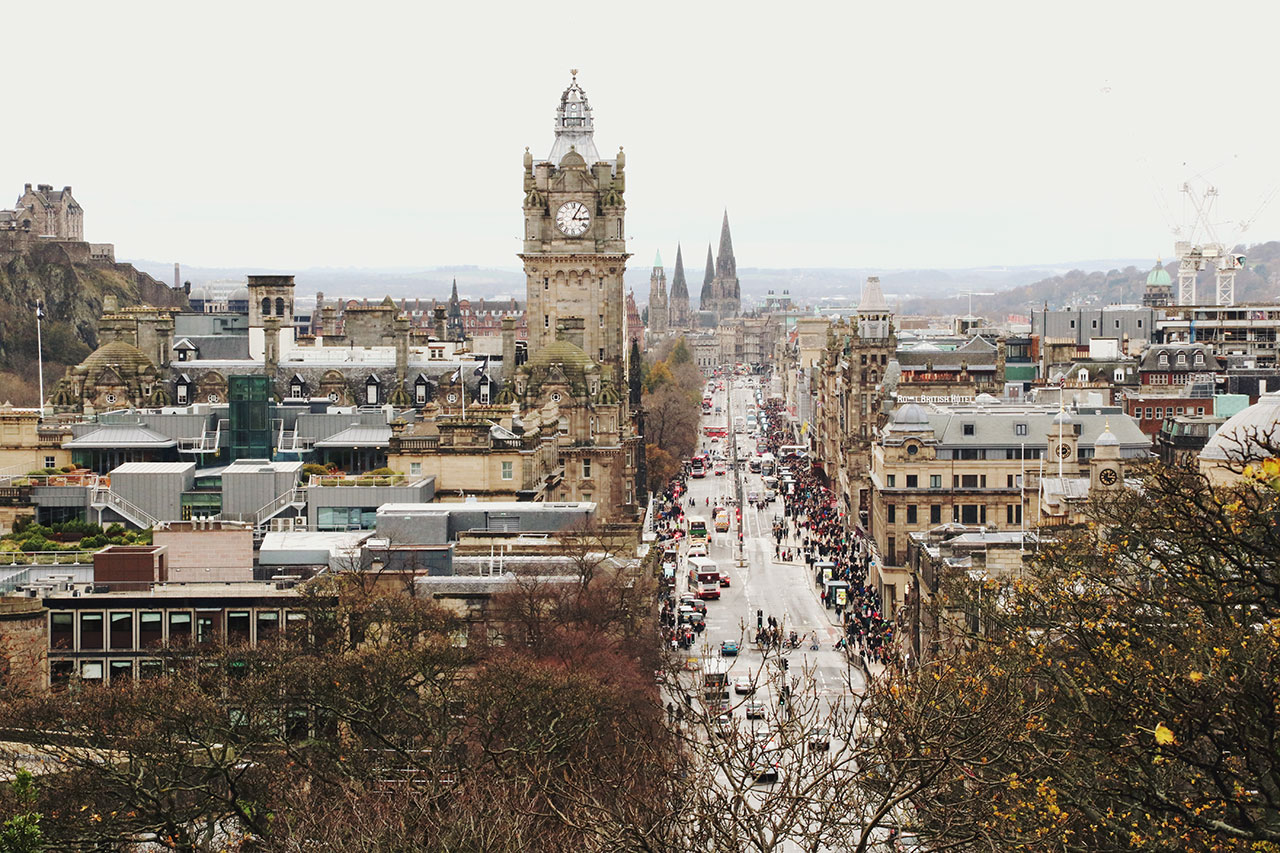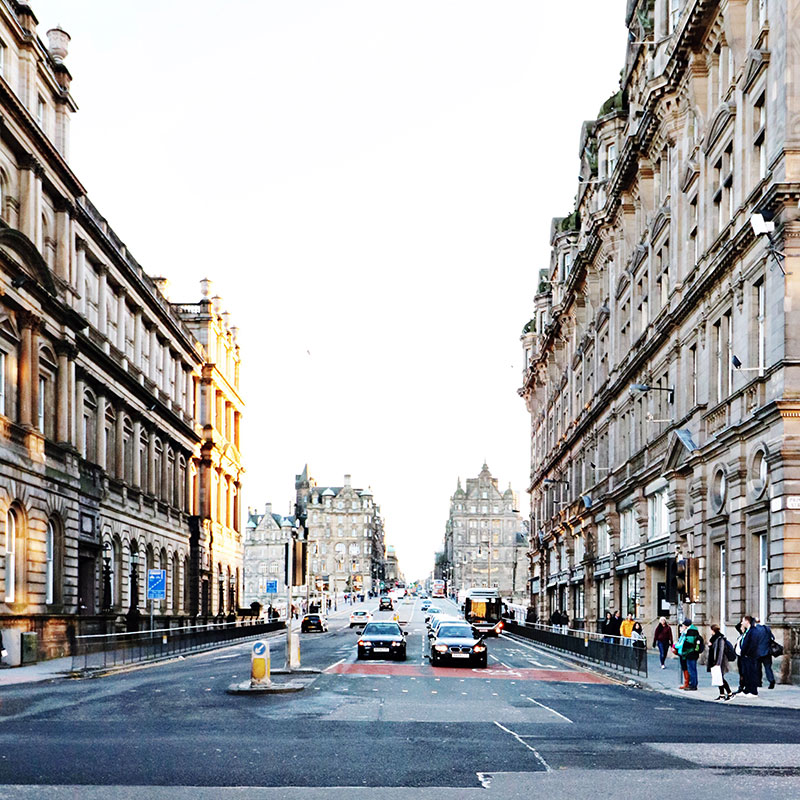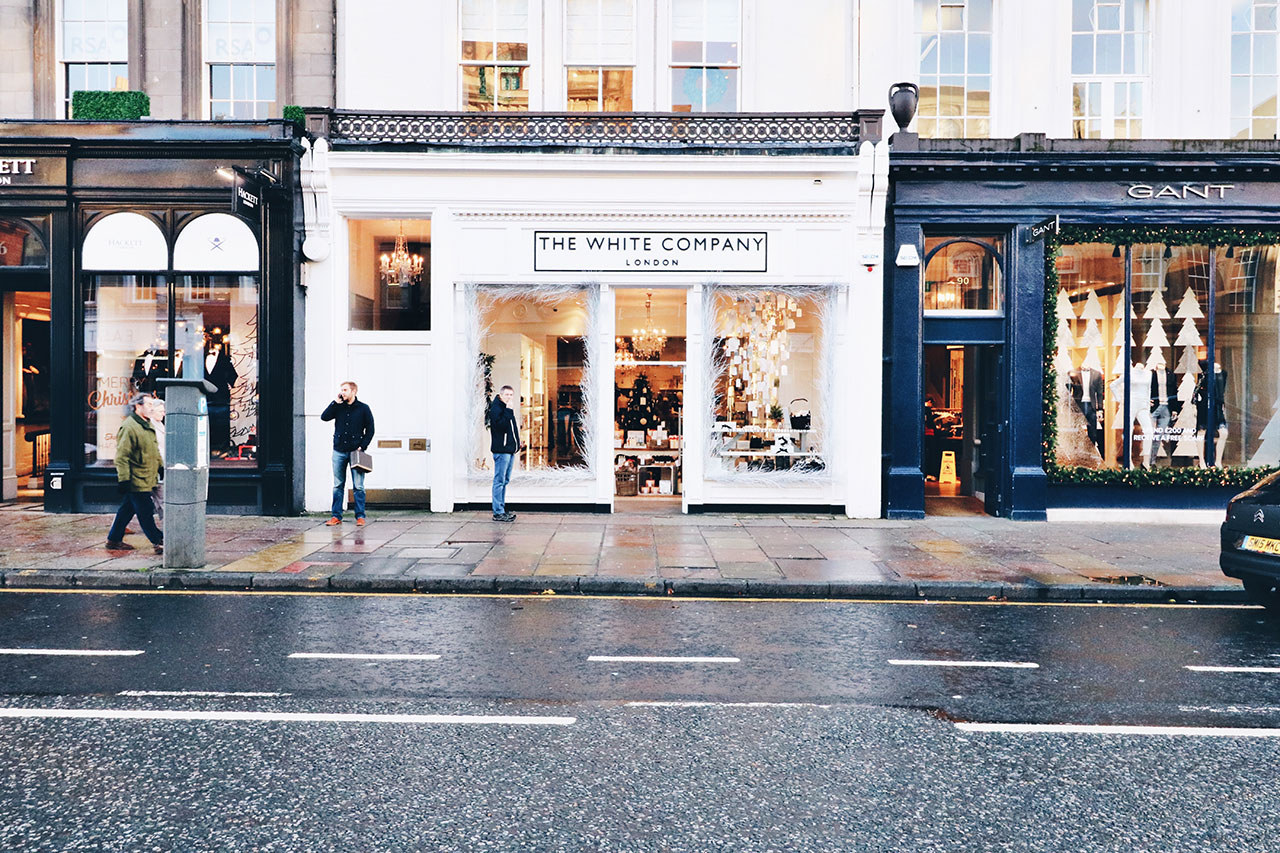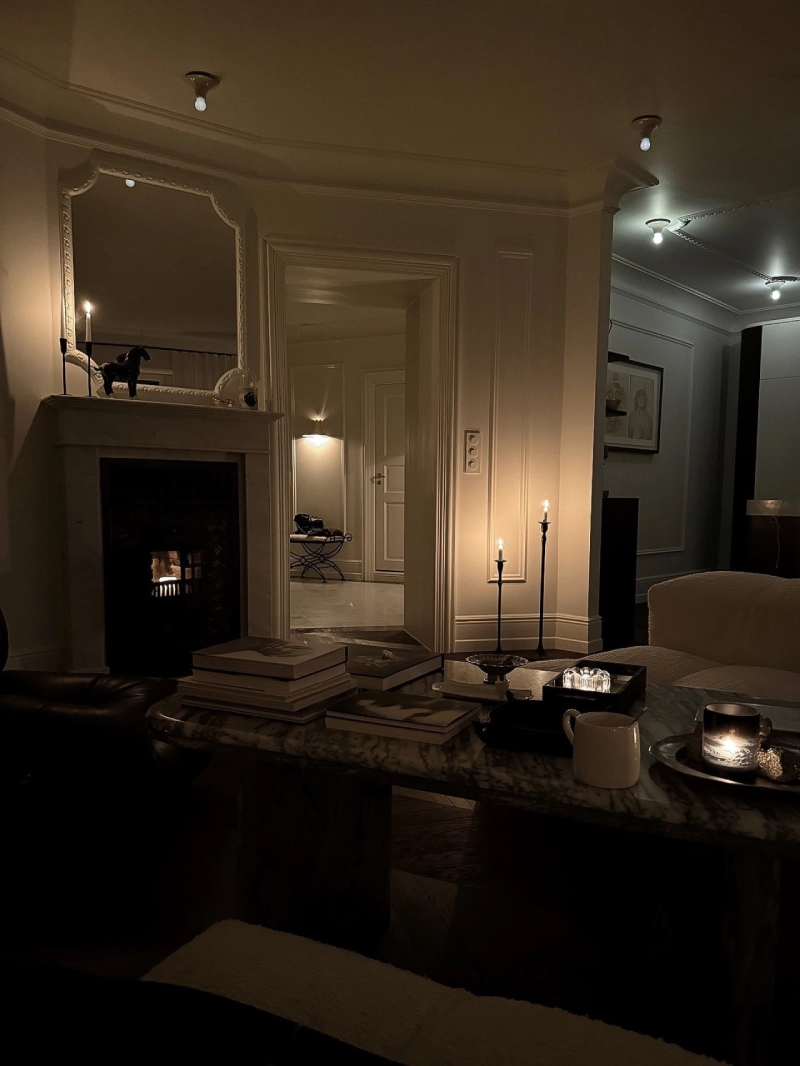I first began dabbling in photography about 8 years ago, as a hobby and a way to tap into something creative and artistic. After graduating from some basic bridge cameras, I eventually decided to commit to a Canon DSLR. At the time, an entry-level DSLR with lenses, etc. was still relatively expensive and as photography was just a hobby it wasn’t an easily justifiable expense, but in retrospect, it was one of the best purchases that I ever made.
From shooting product shots for our businesses to capturing some beautiful moments, learning and using a DSLR camera has turned out to be an invaluable tool for business and creativity.
We recently had the chance to test drive Canon‘s Rebel T6i DSLR camera with their EF-S 10-18mm f/4.5-5.6 IS STM wide angle lens around Edinburgh. I’m used to carrying around my old Canon DLSR on holidays and even around town, so I was happy to find the Rebel was quite a bit lighter and smaller than my own camera. I know that some people are happy enough to capture everything on their phones, but I’ve often been disappointed with the image quality, especially in low light or on overcast days.
Here are some tips I discovered while using the Rebel T6i that you might find useful:
Tip No. 01
One of the really nice features on the Rebel T6i is the Wi-Fi network capability. This means that if you are out and about shooting, you can wirelessly connect your phone to your camera and access your photographs via the Canon connect app. You can then easily edit and post your photos on your mobile device, but still have saved high quality images on your camera’s memory card that could be useful for printing or posting in large format images online.
Tip No. 02
Wide angle lenses like the EFS 10-18 are excellent for landscapes or cityscapes, as they allow you to capture scale and detail.
Overall the Canon T6i is a really enjoyable and usable camera. The technological advancements and innovations over the last 10 years have produced an excellent entry-level camera with advanced capabilities. I love the sense of romance it gave to the sweeping cityscapes of Edinburgh and think it would be ideal for shooting the new far-off places we have planned for the coming weeks. —P.F.M.
Tip No. 03
For shooting cityscapes, you can use a tripod and the Canon Connect app to automatically trigger your camera, reducing camera shake for tac sharp images.

![]() This post was brought to you by Canon. Discover more great travel tips and tricks here.
This post was brought to you by Canon. Discover more great travel tips and tricks here.
Style File: Neutrals by Day, and Black by Night
January has a way of slowing everything down; the light slips across walls, disappears early, leaving rooms and hours to fold inward. It wraps itself around us, those short days fading to long evenings, the world outside reduced to silhouettes and candlelight.
Lately at our Newsletter, Hyperreality /007
Began assembling this edition in the days before Christmas, but life intervened – as it does – with travel and gatherings, with champagne bubbles rising in crystal and candles burning low into the night. Now it’s Boxing Day, and the introduction I’d written has slipped out of time, no longer quite fitting the moment we’re in.
Style File: November Shopping List /002
There’s something undeniably enchanting about November – the crisp air, the first hints of winter, and the promise of festive gatherings just ahead.
Style File: November Shopping List
With Christmas exactly one month away, and our neighbourhood’s lighting ceremony on Thursday evening, one can’t help but get a little caught up in all the holiday excitement. Here are a few things on our list, from the kinds of pieces that feel made for this in-between moment of the year, when November is slipping quietly toward winter and everything seems to slow under the softer light.
A Few Things We Loved this Week 12.11.25
In our Weekly Newsletter, we often highlight a few things that inspired us that week (you can see those here). It’s been a while since we’ve shared something similar in this space, so we thought we’d bring it back for the holiday season—this time with a focus on meaningful offerings you might want to share with others…
Lately at our Newsletter, Hyperreality /006
The clocks went back this past Sunday, and all anyone can talk about is how dark it’s become. It is dark, and it will take some adjusting. After all, it’s that season again – the one Hemingway said made you sad without knowing why.



